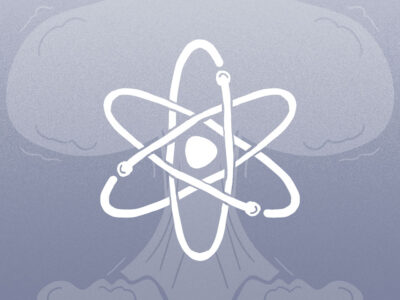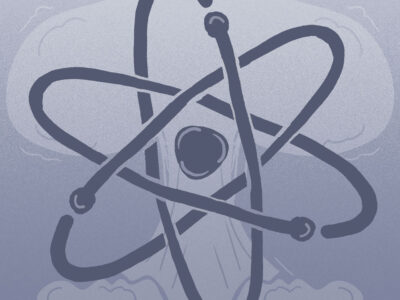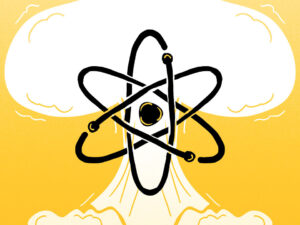The unprovoked war in Ukraine has raised increasing concerns of a nuclear escalation.
The Russian war against Ukraine continues with no end in sight.
The roof of the Radiation Therapy Department of the Mariupol Municipal Interdistrict Regional Oncologic Dispensary, the parts that aren’t caved in, looks like a sieve.
Can you imagine, as a radiation oncologist, you have to shelter your patients in a Co-60 vault to protect them from missiles, provide them with water by melting snow, feed them, keep them warm by using a backup power generator, and evacuate them just two hours before the missile destroys the radiation oncology department?
A care hotline and resource hub for Ukrainian cancer patients established by the American Cancer Society, the American Society of Clinical Oncology, and the Sidney Kimmel Cancer Center – Jefferson Health has recruited several hundred volunteers as the organizations work to develop a lasting infrastructure to support those displaced by the crisis.
Ukrainian refugees and displaced persons with cancer are fighting a double war for survival—which is why aid networks and providers must prioritize psychosocial oncology, said Csaba Dégi, executive secretary of the International Psycho-Oncology Society.
More than 850 children with cancer have been evacuated or are in the process of evacuation from Ukraine, 45 days after a collaboration of international organizations began transporting pediatric cancer patients out of the country.
On March 7, or 11 days into Russia invasion, Mike Morrissey, chief executive of the European Cancer Organisation, approached the society’s board to inquire as to whether they should convene a special network for Ukraine.
Chemotherapy at Ukraine’s National Cancer Institute in Kyiv no longer has to be administered in underground bomb shelters.
With the Russian invasion stalled and with a forceful counter-attack by Ukrainian armed forces, many observers caution that the Kremlin might be considering a show of force much as the U.S. did in the atomic bombings of Hiroshima and Nagasaki (The Cancer Letter, Feb. 25, March 4, March 11, 2022).















